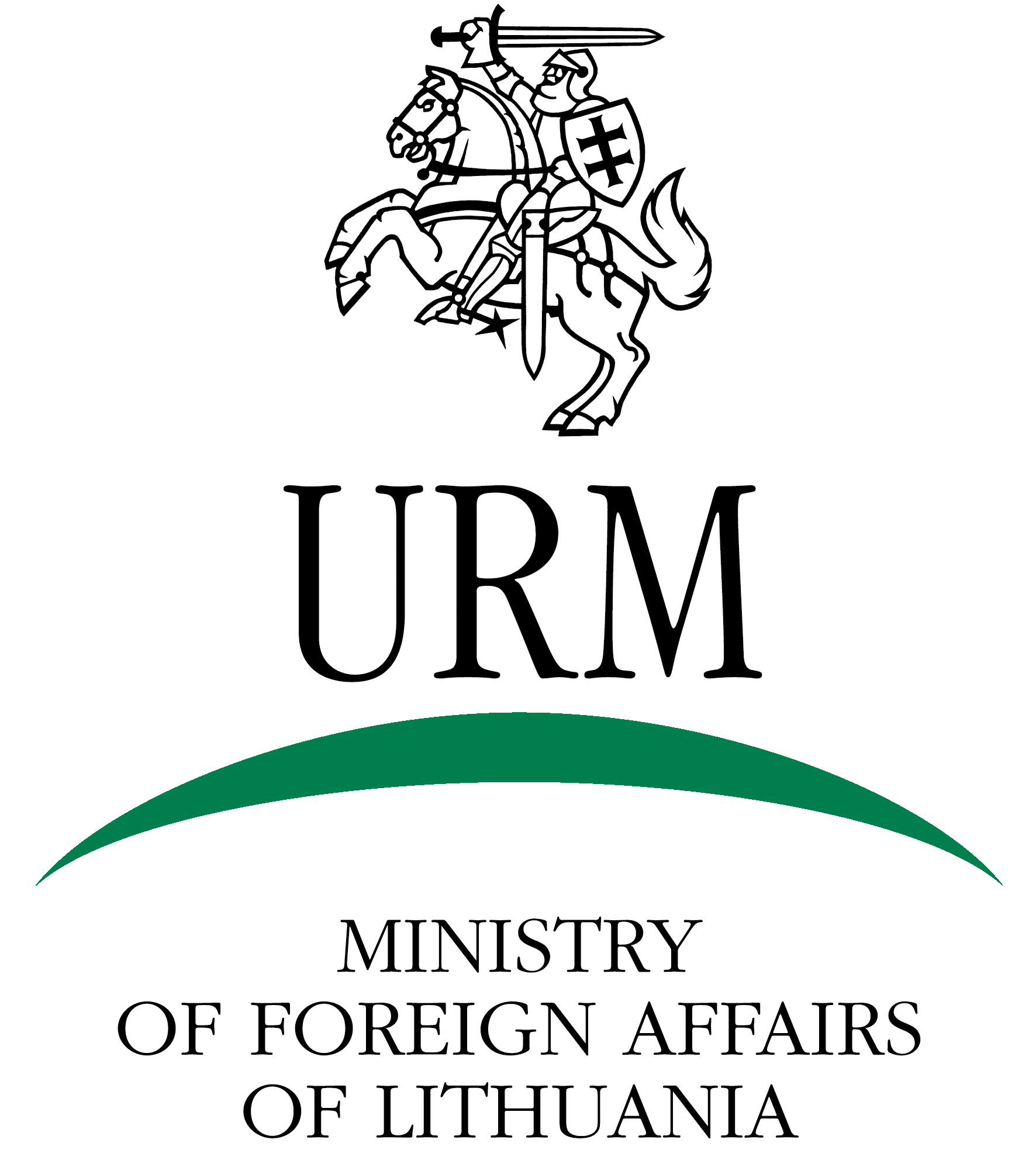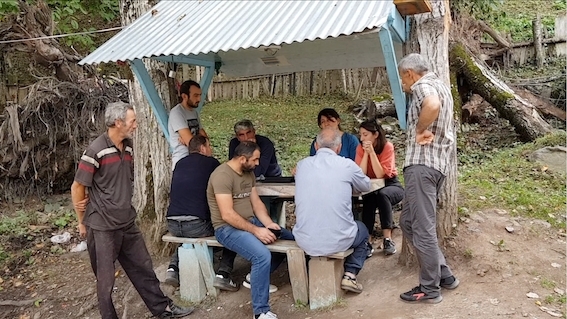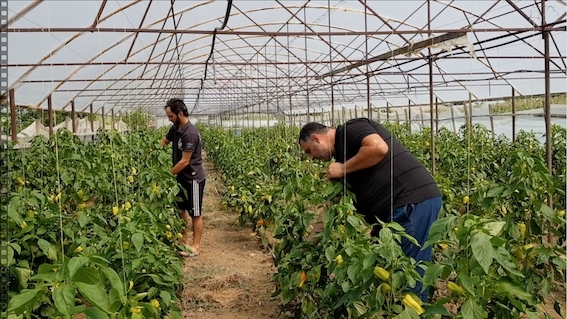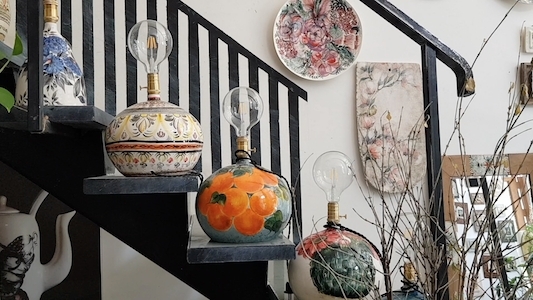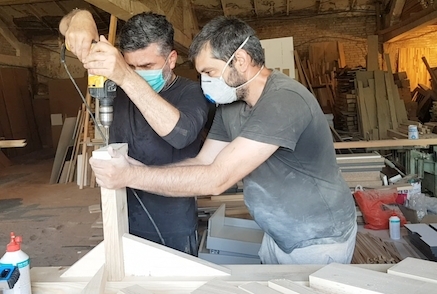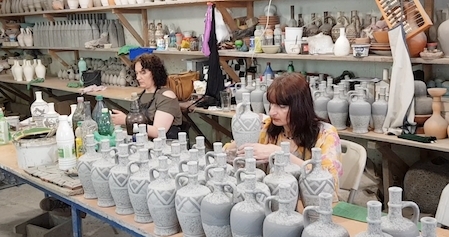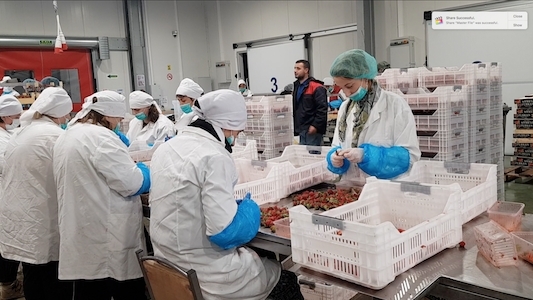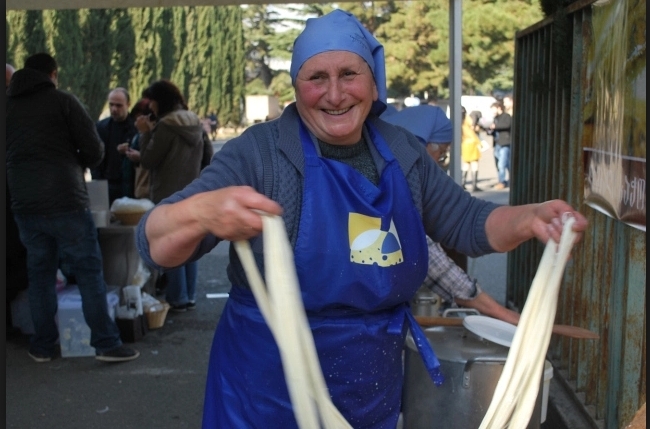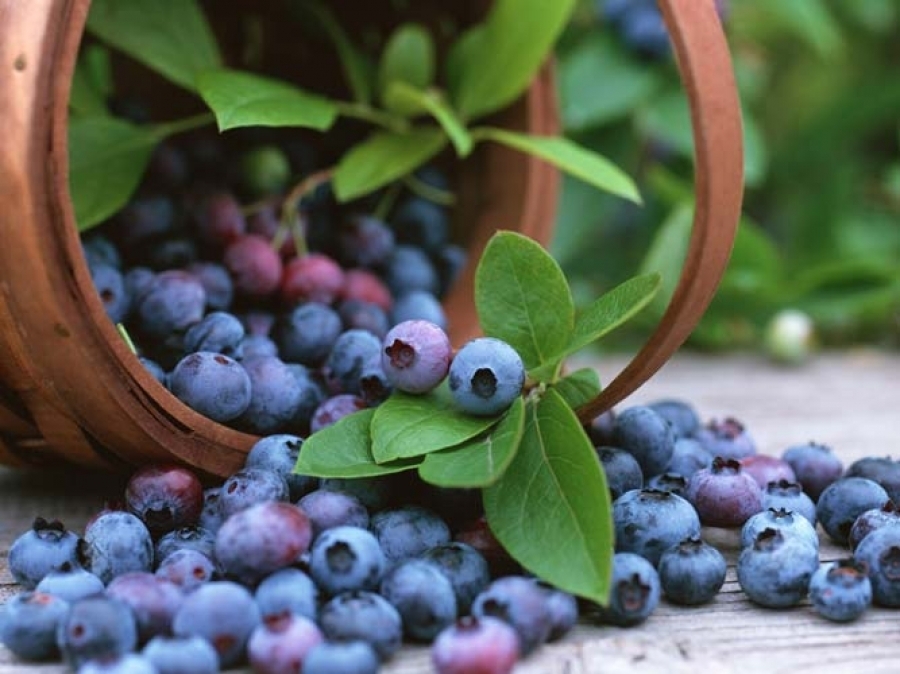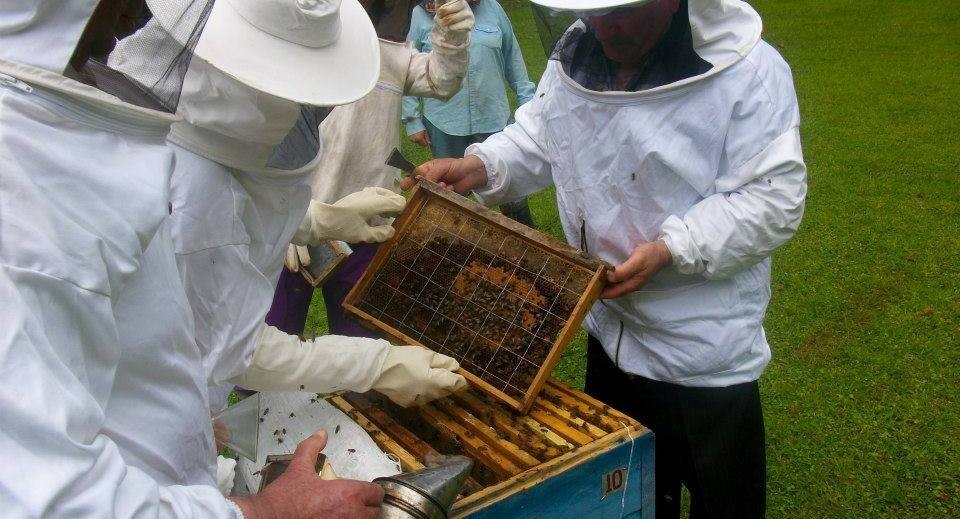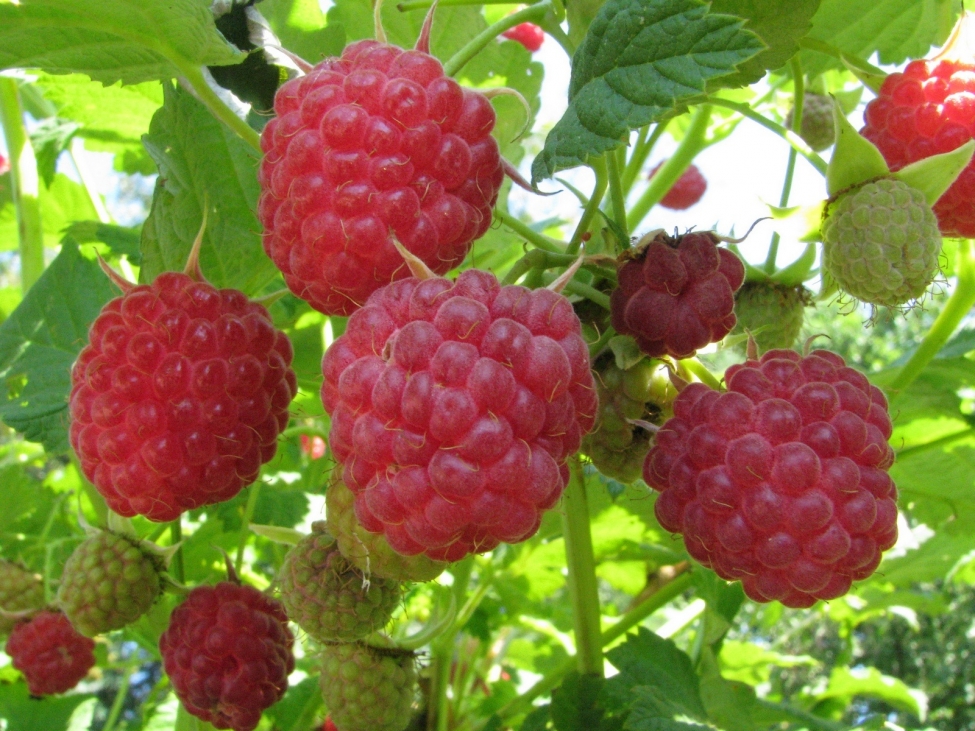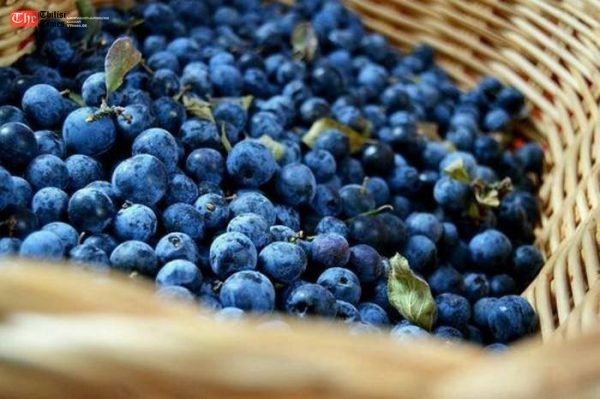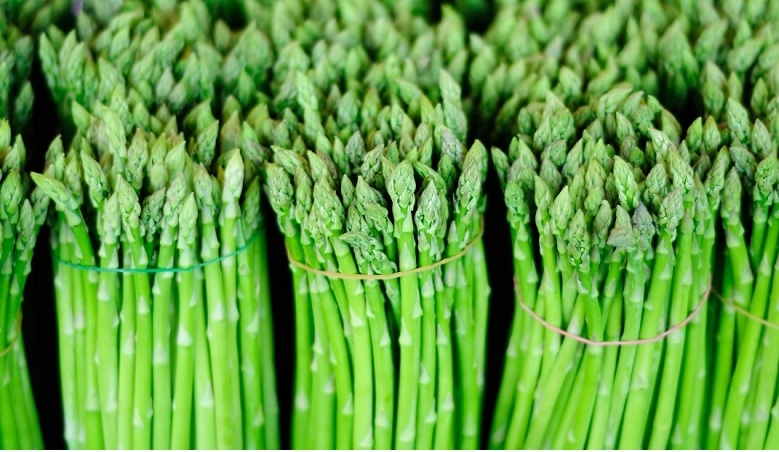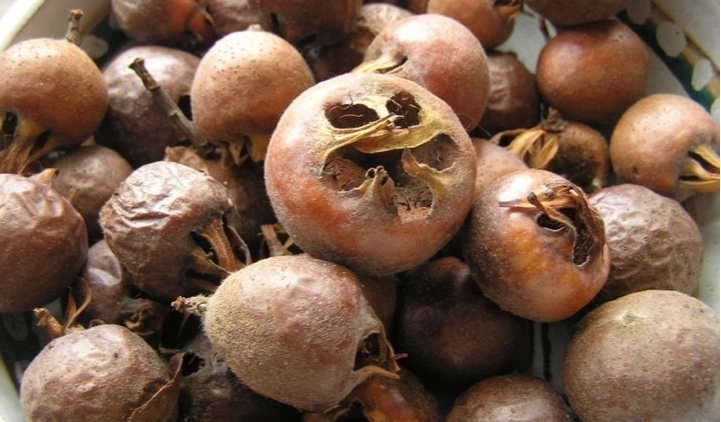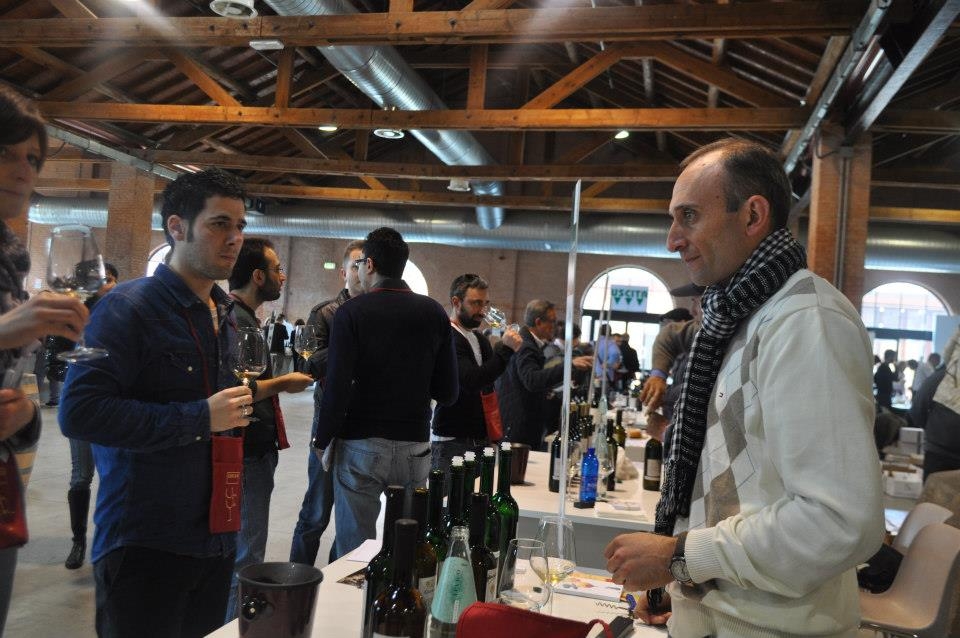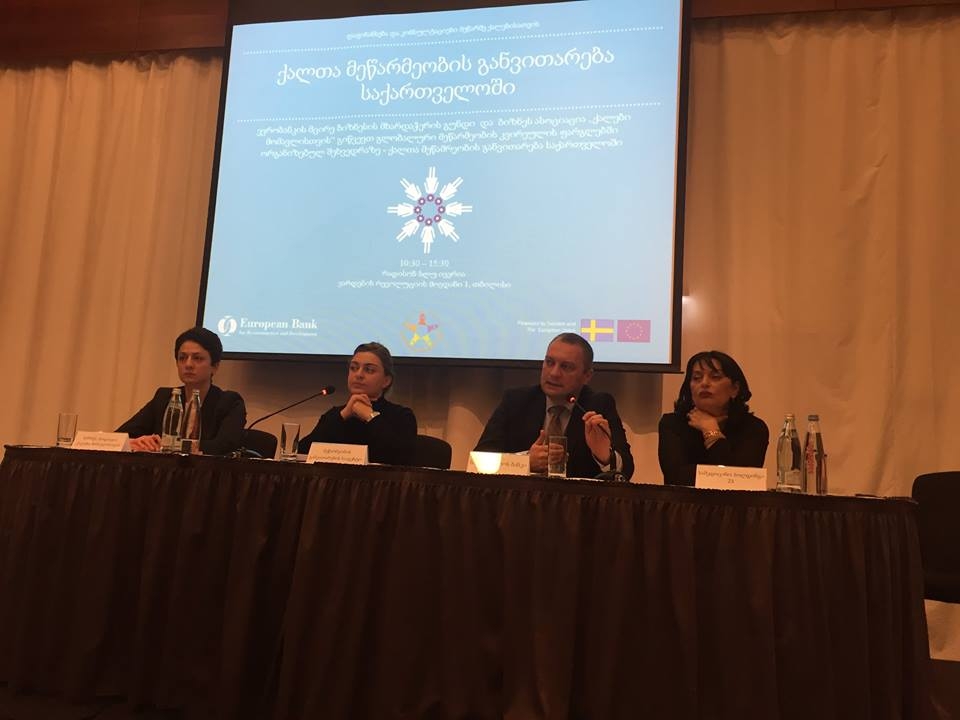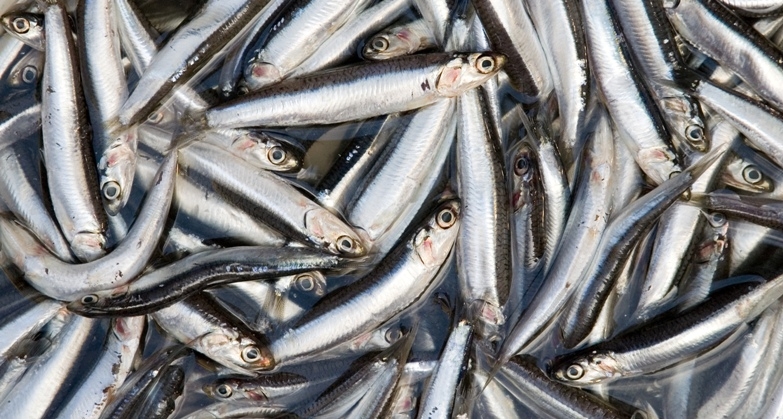Giorgi Kukhianidze (farmer): "If they see the benefits of the cluster, many farmers will join us"

Giorgi Kukhianidze has a greenhouse in Tskaltubo municipality, where he grows tomatoes, cucumbers, Bell peppers, herbs and other vegetables. Horticulture is a traditional activity for their family. George says that his grandfather and father were farmers and now he is trying to expand the greenhouse farm. He with other ten farmers from his village has decided to form a cooperative that would allow them to unite the crop. Farmers from Tskaltubo suggest that in this way, they will be able to solve the problem of selling vegetables.
Giorgi Kukhianidze (farmer): “I have a greenhouse with the area of 0.3 hectare. I also have a free plot too, but I cannot grow vegetables there. I grow a little bit of all kinds of vegetables in the greenhouse. I diversify crops as I do not know in advance what the climatic conditions will be, which vegetables will give me a better crop, what the price will be. Therefore, I am not depended on one species. I plant different vegetables to have a mixed harvest. If one turns out to be non-profitable, the loss will be covered by the others.
- Where is a market for vegetables grown in the greenhouse?
- Part of the crop is sold in the collective market, and the rest is brought by traders who supply vegetables to hotel chains and restaurants. Farmers in my neighborhood sell their produce in a same way. Due to the small amount of vegetables grown in our greenhouses, a farmer is unable to provide regular supply to restaurants and hotels. We are forced to sell the product with lower prices. As a result, we have huge financial losses. Therefore, small farmers decided to form a cooperative - "Imeruli Vegetables". Cooperative enables us to integrate our products and deliver to customers directly, without an intermediary. Through the cooperative, our profit margin will increase. Without involving the intermediaries, we can better determine at what price to deliver the crop to the client. We will no longer be depended on the purchase prices which are constantly fluctuates.
11 farmers from out village want to join. But if they see the benefits of the cooperative first, and the cluster in the future, I am sure others will also join us. In order to have the desire to join, we need to raise the awareness of the producers and show them the goodness of the union. Without the expansion of farms, the agricultural sector has no prospects.
We want to introduce European standards in farms, get to know the European market better and start growing the product that is in demand in the EU market. This is a bit of long-term plan. First, we want to satisfy the local demand on the vegetables.
- What is the total area of 11 farmer’s plot?
-there are about 6 hectares. Some plots are 1,5 ha, others are up to 2 ha. It is not much. We must be a good example for small farmers who do not yet realize the need for expansion. Then our neighbors and friends will join us and the more farmers with us, the better. Now we start sowing spring vegetables. We no longer sow herbs during this period because its price decreases in the spring and it is not profitable. This season we grow tomatoes, cucumbers and bell peppers in the greenhouse. We will sow herbs in autumn.
- What kind of fertilizer do you use for the soil?
- I almost do not use additional fertilizes for soil. We only use chemicals for vegetables against various diseases. We study special literature to understand how farmers grow vegetables in Europe. I try to introduce European rules in our farm. We also cooperate with local farmers who grow vegetables according to European standards. We try to get information on what kind of products do the consumer need.
We want to introduce the "Global Gap" standard in greenhouses. Customers should not have any doubts about the quality of our products, but this is associated with high costs and is still unavailable for us. Our storage facility needs to be arranged properly. Current facility is not in line with European standards. Growing vegetables by old methods is an outdated practice. New technologies and standards need to be introduced.
- What other problems do small farmers have?
- We need an agronomist who will teach us how to grow vegetables properly and tell us how to increase the yield, what seed products to buy, what chemicals to use, in order to offer healthy products to the customers.
We definitely need agricultural insurance. We are not insured by private insurance companies. However, due to climatic conditions we suffer with great losses.
We are unable to apply for funds or projects by international donor organizations as we have no proper information about that. We do not have time to go to different agencies or write a relevant project proposal because there is a lot of work in the plot. In case of cooperation, these issues will be considered by the management of cooperative or cluster. The most important is that the goodness and benefits of the cluster should be understood by farmers well in order to generate knowledge and reasonable quantities of products together.
- What kind of technologies do you need for the greenhouse?
- We do not have proper technologies in the greenhouse, because it requires lots of money. Only drip irrigation and rainwater systems are installed. We do not have a heating system. Firewood is expensive, so we will not be able to use it for heating. Other means of heating, such as natural gas or petroleum products, will make the crop more expensive, making it more difficult to sell. Consequently, the use of heating systems makes no sense.
------------------------
Ongoing or planned programs that greenhouse owners can benefit from:
- FAO, together with the European Union, is implementing a project to support farmers, which includes the creation of demonstration plots. The selection of the demonstration plot is decided according to the priority direction for the region. The farmer cultivates the land on the selected demonstration plot by his/her own expenses, while the FAO-ENPARD project finances the application of necessary fertilizers, pesticides and mulch. Also, the project envisages the installation of a drip irrigation system for the farmer and other technical assistance. The project also includes delivering theoretical and practical training courses. The training continues during the full cycle of sowing crops - starts with land preparation and crop selection, continues throughout the harvest and storage period. Through the trainings, better practices are shared for the farmers who are near the demonstration plot.
- The Greenhouse farms Support Project will be launched by the Rural and Agricultural Development Agency in the near future. The Agency will release information about the project conditions soon.
- The USAID project "Zrda in Georgia” plans to launch a project to support greenhouses. Information about the terms of the project will be available in the near future. It is known at this stage that agricultural cooperatives will benefit from better conditions of co-financing.
Author: Nona Kvlividze
The article is prepared with the financial support of the Ministry of Foreign Affairs of Lithuania and "Development Cooperation and Democracy Promotion Programme."
